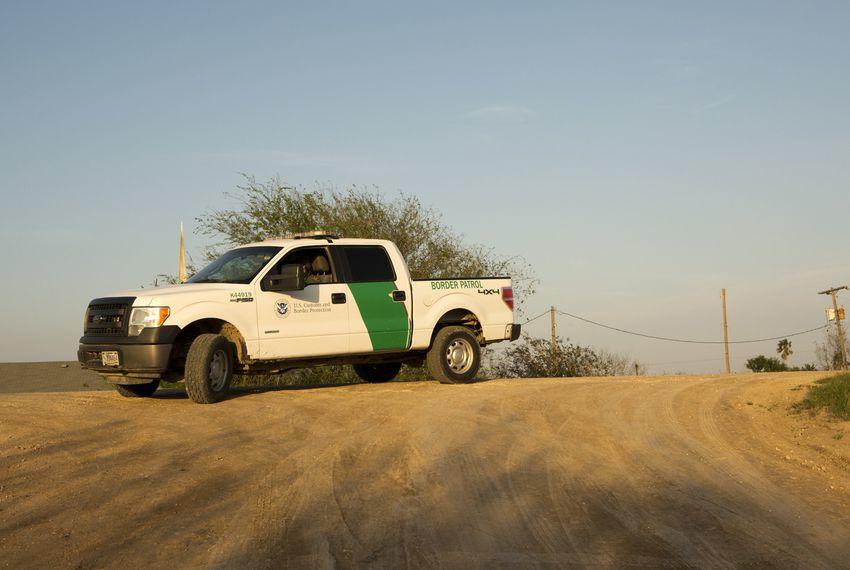Authored by Julian Aguilar via The Texas Tribune,
Less than seven months into the fiscal year, the Rio Grande Valley sector has apprehended more than 164,000 migrants.
Less than seven months into the fiscal year, the number of undocumented immigrants who have been apprehended or turned themselves in to U.S. Border Patrol agents in the Rio Grande Valley has already surpassed last year’s total, the agency said Monday.
From October, when the federal government’s fiscal year began, through Sunday, more than 164,000 migrants have been apprehended in the sector, according to U.S. Customs and Border Protection. During the entire 2018 fiscal year, the sector reported 162,262 apprehensions.
The increase is the result of an ongoing surge of migrants, most of them from Central America, who are crossing the border to seek asylum. The 2019 total for the Rio Grande Valley includes 15,310 unaccompanied minors apprehended from October through March — compared to 23,760 during the entire 2018 fiscal year — and 79,000 people who were traveling in families during the same time frame, which has already surpassed the 63,280 family members apprehended in 2018 (April figures were not immediately available).
The Border Patrol has reported similar increases along the entire southwest border.
President Donald Trump has made several attempts to curb the flow of migrants attempting to enter the country illegally, including last year’s controversial zero-tolerance policy that led to family separations — a policy that was rescinded after sparking public outrage. The president also recently enacted the Migration Protection Protocols, also known as “Remain in Mexico,” which requires some asylum seekers to wait in Mexico until their court hearings in the United States. That policy is still in effect pending a federal appeals court’s decision on whether to let the program continue.
Last week, U.S. Attorney General William Barr ruled that some asylum seekers are generally ineligible for bonds and should remain in federal detention while their asylum cases are pending. That policy will go into effect in about three months, although it is likely to be challenged in court.
via ZeroHedge News http://bit.ly/2vjw5Jd Tyler Durden
